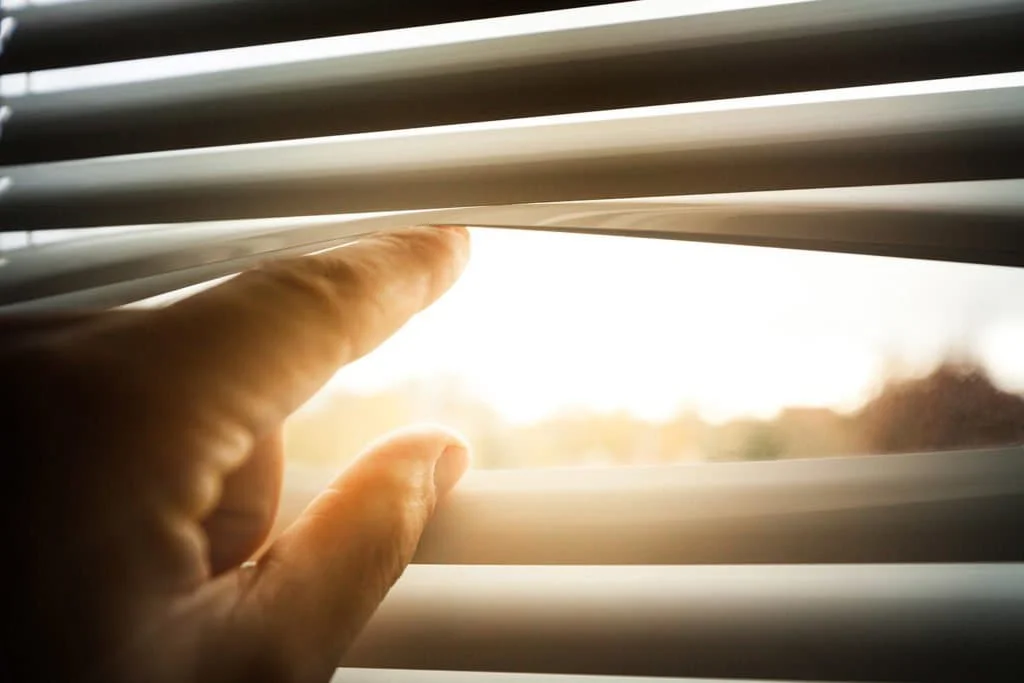
College students past and present probably already love to argue against early-morning classes — which don’t do any favors for their beauty sleep. But scrambling to clock in on time while groggy, disheveled, and clutching a hot cup of coffee is a common college life stereotype. With classes starting as early as 7 a.m. and 8 a.m. classes seen as routine in many colleges, change may not come easy.
Thankfully, a new study published in Nature shows early classes are harmful and calls for the practice to be scrapped. The study examined students’ performance at the National University of Singapore Institute for Applied Learning Sciences and Educational Technology, Singapore and found that 8 a.m. classes were linked with less sleep, lower attendance, and poorer grades.
“Sleep is a human need and even a single night of less than optimum sleep can make you show sleep deprivation signs,” says Dr Funke Afolabi-Brown, a board-certified sleep physician, pediatrician and the founder of RestfulSleepMD.
“Early class start times in adolescents and young adults can be detrimental to their health, mood, learning and safety. They are being tasked to learn at their circadian nadir. Delaying school start times will provide better opportunities for them to sleep in a manner that’s aligned with their circadian preference and improve their grades as well as all other benefits,” she adds.
Here’s more about early classes, sleep, and how they may influence learning.
What Did the Research Say?
The researchers wanted to see if early morning classes could influence sleep, attendance, and academic performance. They analyzed the data, including:
- Interactions with the study portal of 39,458 students
- Grade point averages of 33,818
- The school’s Wi-Fi connection logs of 23,391 students
- Smartwatch sleep data from 181 students aged 18 – 25 years over six weeks
Their findings were damning.
The Wi-Fi logs showed that attendance was 10% lower for classes starting by 8 a.m. compared to later start times.
Smartwatch data for the 181 students and login data for 39,458 students showed students sacrificed an hour of sleep each night because they woke earlier than usual for 8 a.m. classes.
When grades for 33,818 students were examined, researchers found that the more early morning classes a student had, the lower their grade point average was likely to be.
The researchers concluded that early morning classes were unfavorable for learning and called for them to be discontinued.
How Important is Sleep for Humans?
You need sleep for proper physical and mental health. Inadequate sleep is a silent public health epidemic with huge economic and health costs. And with smartphones and other mobile devices, social media and 24-hour lifestyles, it’s getting much worse.
Conditions poor sleep can affect include:
- Obesity
- Dementia
- Irritability
- Sleeplessness
- Poor brain function
- Higher type-2 diabetes risk
- Disruption of body systems
- Mental health conditions like depression
- Higher heart and blood vessel disease risk
- Increases accidents on the wheel and at work
Sleep and Learning: What’s the Link?
Sleep is critical for good brain function. Previous studies on sleep and performance found that a single night of sleep deprivation significantly reduced athletic performance and they warned against driving or competitive sports in a sleepy state. But brain functions like thinking did not seem significantly changed by an “all-nighter”.
But when sleep deprivation lingers, memory, emotion, learning and other brain functions are damaged.
What Does Previous Research on Sleep and Learning Say?
Previous research shows an irregular sleep schedule leaves you sleep-deprived and sleepy throughout the day. Over time this limits your academic performance and stops you from reaching your full academic potential.
Sleep disorders and changes in sleep patterns have also been shown to worsen grades.
Moreover, several studies show adequate sleep (experts recommend 7-9 hours for adults) is linked to good academic performance while poor sleep is linked to bad grades.
What Do the Study Findings Mean for College Students and Class Scheduling?
The researchers say the study shows colleges should scrap early morning classes altogether, saying an extra hour shifted from 8 a.m. can fetch a student 20 minutes more sleep.
But sleep experts are somewhat skeptical of that approach. After all, the students can sleep earlier the night before and still get enough sleep before class time.
“One unintended consequence of promoting later class start times is that it may also encourage a teenager to turn into a screen-ager,” warns David Rosen MD, a sleep doctor and founder of Renuma Sleep.
“For those individuals lying in bed scrolling through apps late at night, a day that starts later could reinforce those negative sleep habits and cause them to go to bed later than they otherwise would. This would effectively cancel out the benefit of starting the day later as they would just go to bed later and still be sleep deprived. Therefore, education about using screens responsibly must go hand in hand with public health policies promoting later class times on campus,” he adds.
Sources
Yeo, S.C., Lai, C.K.Y., Tan, J. et al. Early morning university classes are associated with impaired sleep and academic performance. Nat Hum Behav 7, 502–514 (2023). https://doi.org/10.1038/s41562-023-01531-x
Afolabi-Brown, Funke. Author interview. May 2024.
Rosen, David. Author interview. May 2024.

























